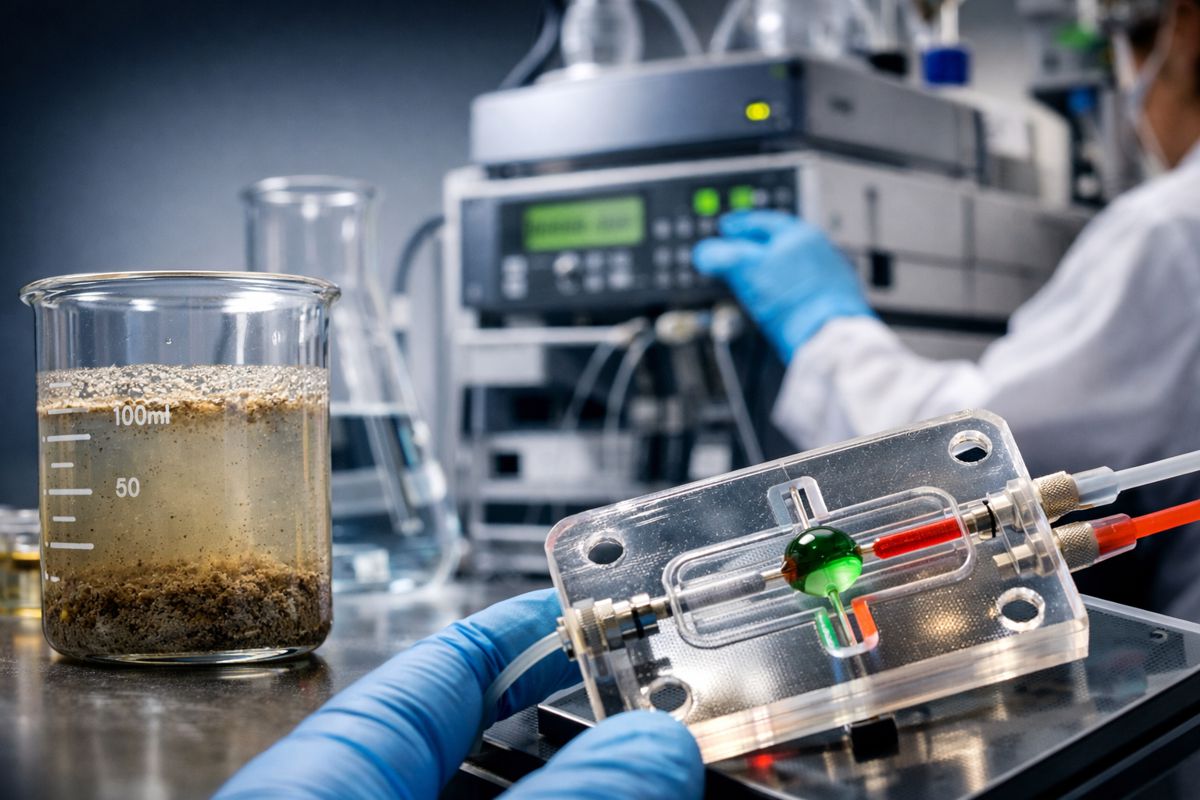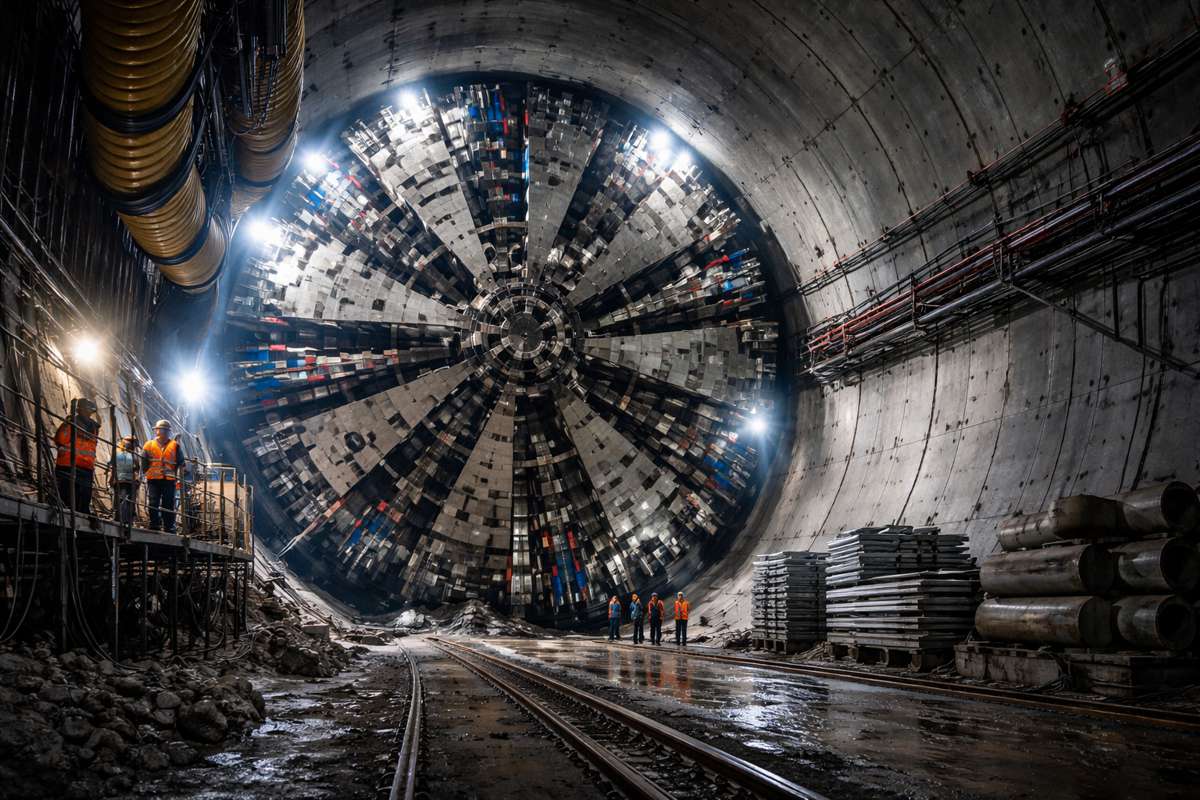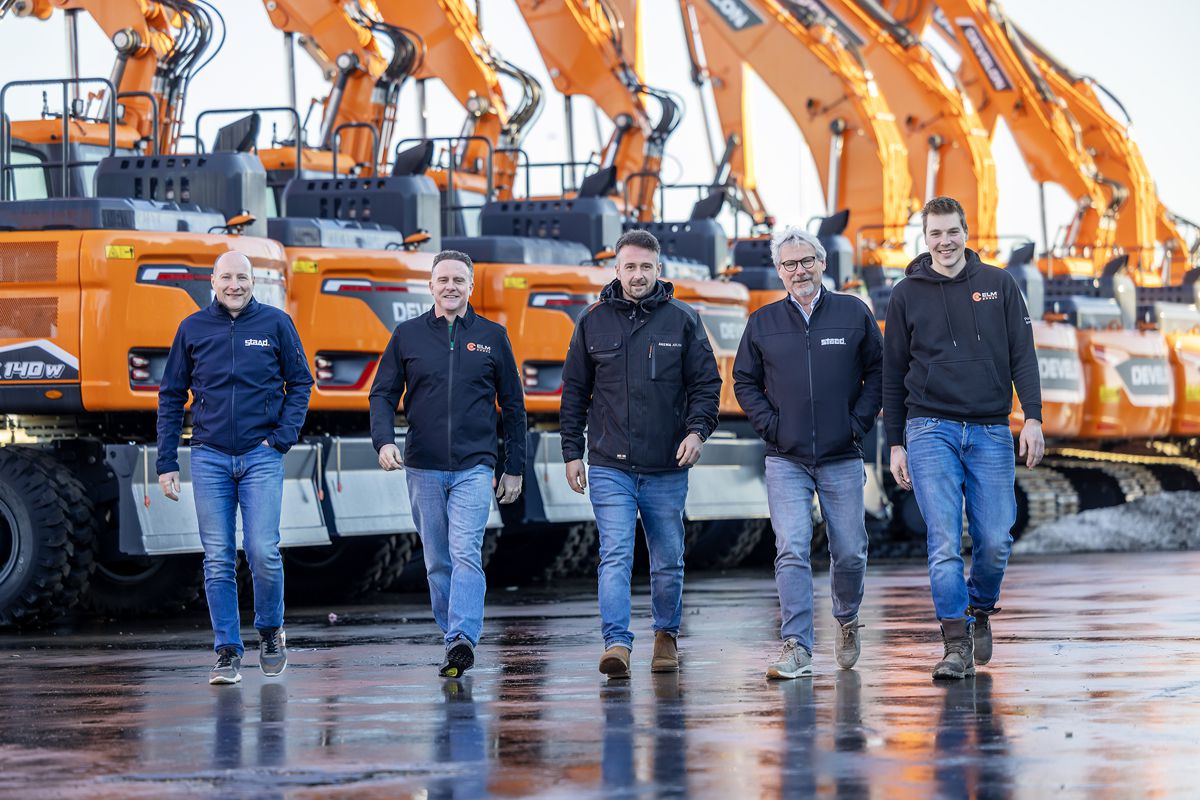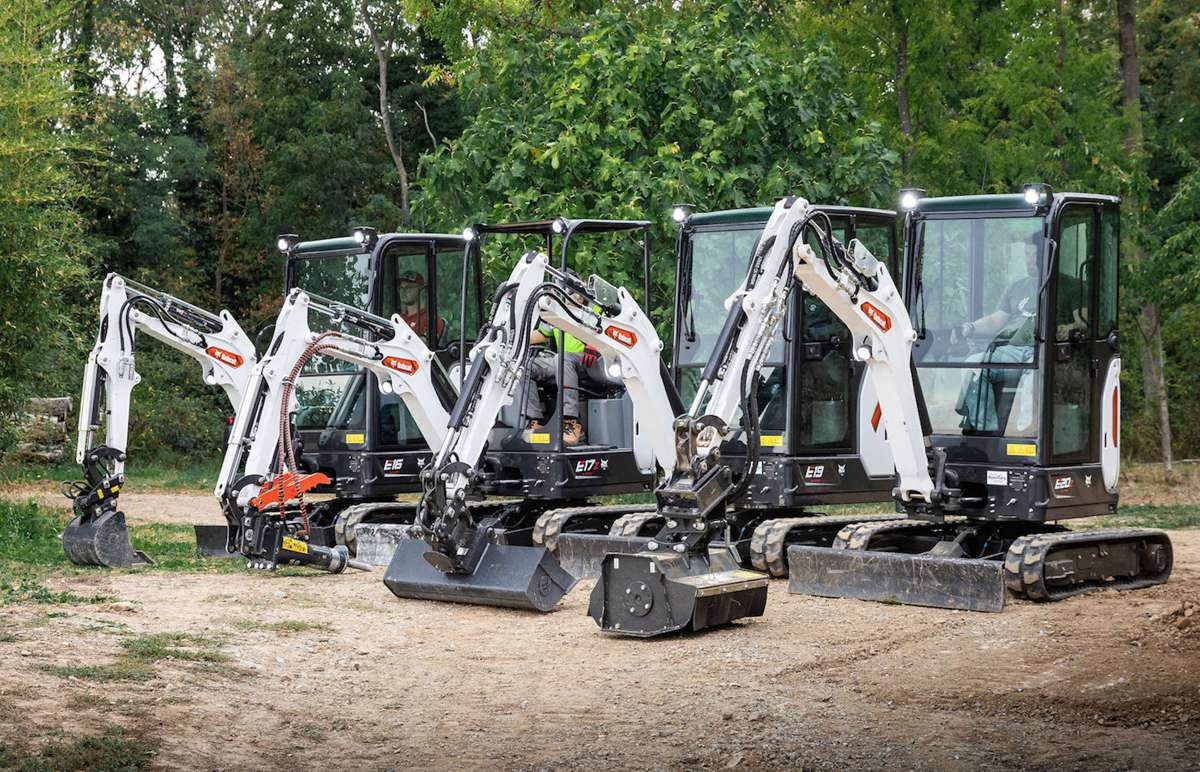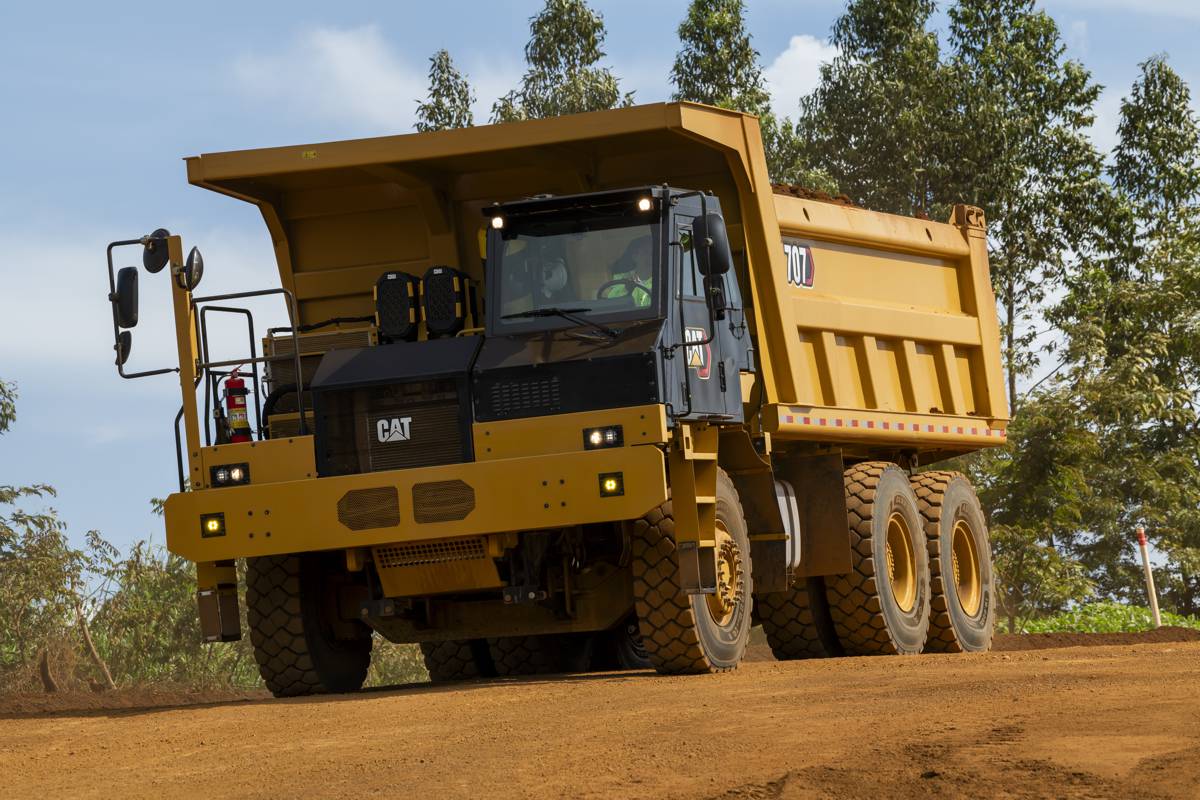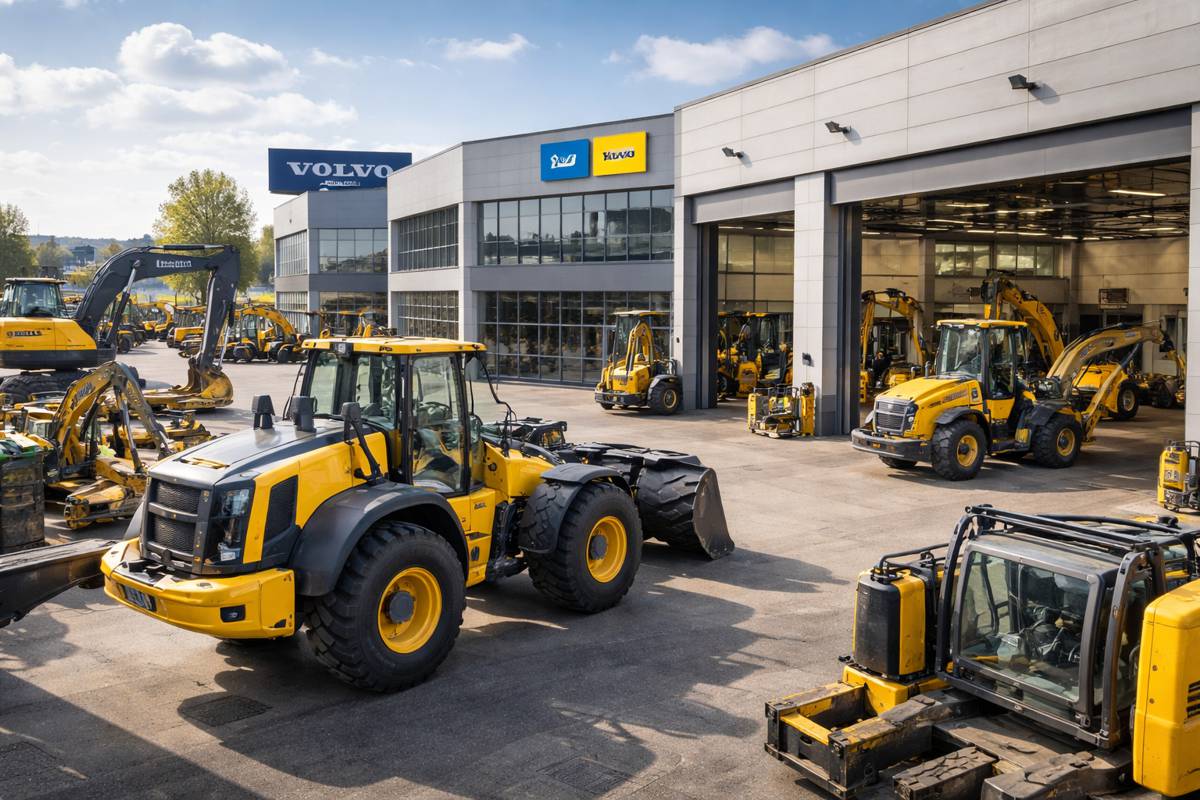Wirtgen introduces compact laboratory-scale foamed bitumen plant
Whether users of cold recycling equipment, a specialist laboratory for road construction or research institute: the WLB 10 S from Wirtgen is the ideal assistant to contractors or consulting experts for cold recycling applications with foamed bitumen.
Precise test series for determining the ideal foamed bitumen properties are carried out very easily using the new laboratory-scale plant, and the most suitable mix proportion is determined quickly when combining the plant with the optional WLM 30 laboratory-scale mixer.

Mixes of different formulas are produced using the mobile laboratory-scale plant in the preliminary stages of a construction project. The WLB 10 S creates foamed bitumen by varying different parameters, such as the bitumen temperature, water quantity or air pressure. These preliminary tests enable the final mix formula to be determined and the cold recycling process to be simulated one-to-one on a laboratory scale. Foamed bitumen offers the advantage that common bitumen grades used in road construction can also be used in the cold recycling process, and that bitumen is readily available around the globe. In addition, the quantities to be added in the cold recycling process are very small, thus increasing the economic efficiency of this method even further.
Unit with a whole range of on-board options
Wirtgen offers a compact, all-inclusive plant with the new WLB 10 S which only requires plugging into the three-phase electric power grid. The plant’s on-board equipment includes all relevant components needed for carrying out a comprehensive laboratory analysis.

As an option, the WLB 10 S can be supplied with an air compressor that is installed in the plant’s sound-insulated cabinet. The compressor supplies the laboratory-scale plant with the required compressed air, making it independent of external sources and keeping noise levels low in order to not disrupt any other laboratory operations. The air pressure is continuously variable to up to 10 bar.
The WLM 30 twin-shaft compulsory mixer is yet another useful option for the production of mix samples, offering a maximum mixing capacity of 30 kg. Its performance is ideally tailored to the laboratory-scale plant. The bitumen foam produced by the WLB 10 S can be injected directly into the mixing chamber of the WLM 30. The mixer processes the mixes so as to enable the production of test specimens. The powerful WLM 30 laboratory-scale mixer produces mixes of excellent homogeneity. The mixing time can be set separately, and can be varied. The WLM 30 is driven by an electric motor and has a variable mixing speed of up to 110 rpm. The high mixing intensity matches that of the mixers installed in the cold recyclers used on the construction site, thus guaranteeing that conditions throughout the mixing process correspond to those prevailing in the field. The mixing chamber is simply pivoted downwards about 180° to allow discharge of the mix from the WLM 30.
Its compact dimensions of 1,085 mm in length, 770 mm in width and 960 mm in height enable the WLM 30 to be combined with the WLB 10 S to form a single working unit. The two units are connected to each other safely by means of fixation points.
Quality and precision right down to the very last detail
Samples of milled material taken by a small milling machine in various sections of the construction site are then tested in the laboratory in terms of their suitability for the cold recycling process, taking into account any applicable tender specifications. After adding any supplementary materials, if required, and small quantities of cement and water, bitumen is foamed and then injected into the material by means of the WLB 10 S. In a final step, the specimens produced from the material are subjected to indirect tensile strength tests.

The WLB 10 S offers a versatile range of setting parameters and control functions to enable comprehensive process monitoring: the clearly structured display of the WLB 10 S shows all of the plant’s heating circuits, enabling the operator to monitor the entire process. To obtain precise results, the closed feed line for bitumen circulation is fully heated – as are the closed feed lines in all Wirtgen cold recyclers. In addition, separate temperature measuring points are located in all relevant places, including the bitumen tank, bitumen nozzle, bitumen pump and closed feed lines.
These features enable the laboratory tester to optimally control the entire cycle of the plant, ensuring test results of maximum accuracy as the temperature of each single component allows separate adjustment and monitoring.
The display also keeps the operator up to date on spraying times and related metered quantities: it indicates, in grams, the quantity of foamed bitumen injected into the mix. The bitumen flow is set to a standard quantity of 100 g per second. If 330 g of bitumen are to be added, for example, the operator adjusts the bitumen flow manually to 3.3 seconds. The display additionally permits calculation of the quantity of water to be added. The flow meter is adjusted manually. The integrated water tank made of non-corrosive material has a capacity of 20 l.
Yet another new feature of the WLB 10 S is the use of a special bitumen nozzle for the production of foamed bitumen on a laboratory scale. The improved nozzle has a positive effect on the foaming behaviour of the hot bitumen because it uses special swirling processes. The high-quality and functional design of all components of the WLB 10 S and WLM 30 comply with the stringent requirements demanded by cold recycling and the high quality standards set by testing laboratories.
Field experience translated into state-of-the-art lab technology
Wirtgen has been offering a laboratory-scale plant for foamed bitumen since 1997, and has continuously enhanced applications technology to meet the increasing demands in testing practice. Well over 200 laboratory-scale plants are in operation around the globe with customers owning a fleet of machines for cold recycling projects, consulting specialist laboratories, institutes, and universities. Such a laboratory-scale plant is a vital prerequisite for all construction projects involving cold recycling in order to enable the appropriate project-specific assessments to be made at a later date.
The laboratory-scale plant will pay for itself quickly after just a few analyses carried out in cold recycling projects involving the use of foamed bitumen. For projects using foamed bitumen can be classified, in the total cost calculation, as being highly economical.




















